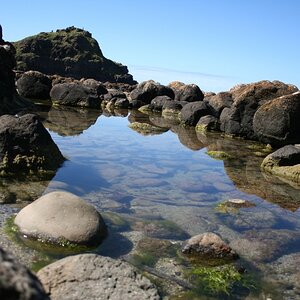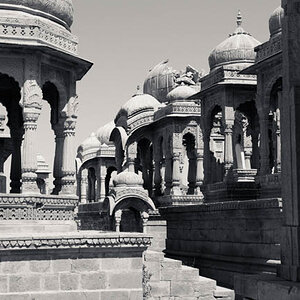- Joined
- Sep 2, 2005
- Messages
- 14,455
- Reaction score
- 3,328
- Can others edit my Photos
- Photos OK to edit
In recent months I've come to realize that in order to keep up with the expectations of the times on saturation and contrast and such, that I must seemingly err on the side of over-photoshopping files.
For example, look at these images (not mine)
The Beauty Of Urban Decay | Inspiration | Smashing Magazine
Many of these are very nice. Very stunning images and whatnot, but a LOT of them seem WAY over-photoshopped to my eye. Extreme contrast, saturation and sharpness boosts that are clearly done in post-processing.
Is this right? Is it wrong? Is it good? Is it bad? I'm curious of thoughts.
Also... was it even possible to do this with film prior to Photoshop? If so, did it take extraordinary means to do so? Or was it common?
For example, look at these images (not mine)
The Beauty Of Urban Decay | Inspiration | Smashing Magazine
Many of these are very nice. Very stunning images and whatnot, but a LOT of them seem WAY over-photoshopped to my eye. Extreme contrast, saturation and sharpness boosts that are clearly done in post-processing.
Is this right? Is it wrong? Is it good? Is it bad? I'm curious of thoughts.
Also... was it even possible to do this with film prior to Photoshop? If so, did it take extraordinary means to do so? Or was it common?





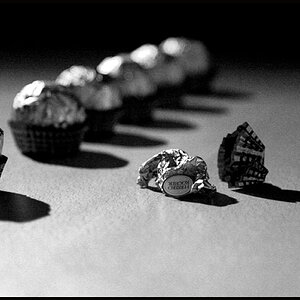
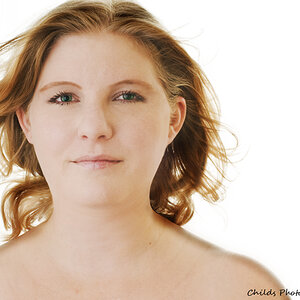
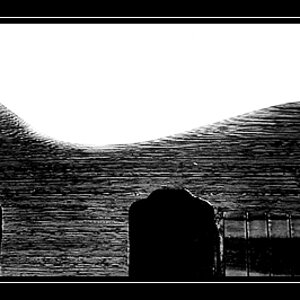
![[No title]](/data/xfmg/thumbnail/32/32702-7344d6e6132276dd7bfc046084fea432.jpg?1619735604)
